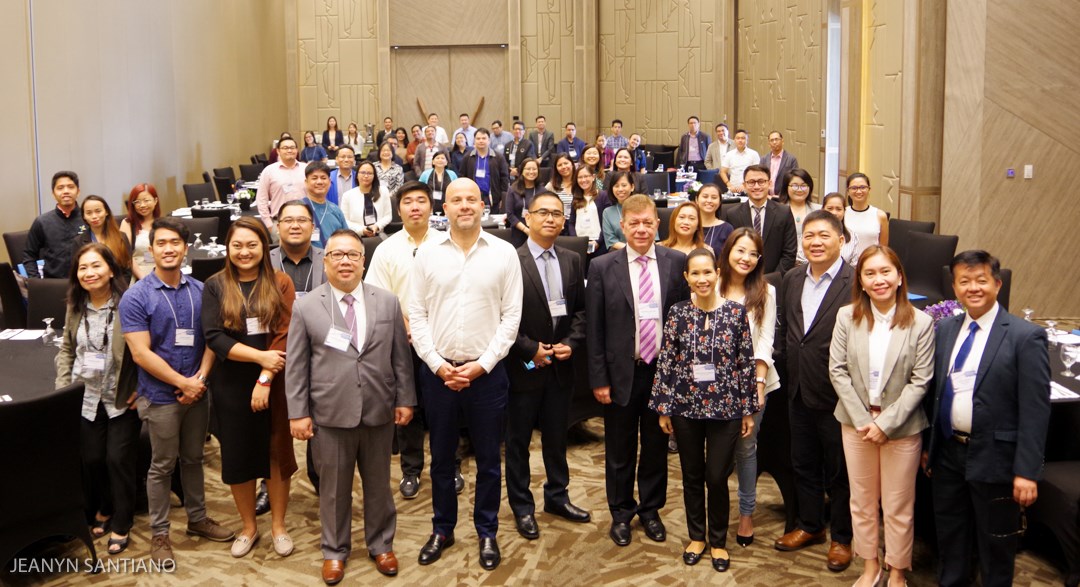WIPO’s First-Ever IP Workshop on Mobile Apps Held Successfully in Manila thru IPOPHL
Published on October 5, 2019

The Intellectual Property Office of the Philippines (IPOPHL) has successfully held the first National Workshop on Mobile Applications, also the first World Intellectual Property Organization (WIPO)-led event in the world to help mobile app developers navigate the business and legal facets of the industry vis-a-vis the Intellectual Property (IP) system.
The event, titled “Intellectual Property and Mobile Applications: Business and Legal Issues,” was an initiative of WIPO as part of its broader project to hike the uptake of IP tools among software developers in the Philippines.
The Philippines is one of three developing countries, along with Kenya and Trinidad and Tobago, which WIPO chose to involve in the project, seeing the growth potential of the software and mobile apps development industry in these countries. In the Philippines, the lowering cost of data plans, expanding selection of affordable mobile phones, growing coverage of free wifi access, the burgeoning engagement in mobile gaming and social media—the Philippines is widely dubbed as the social media capital—and the rise of super apps like Grab, altogether build the right conditions for mobile apps to thrive and succeed.
True to form, the workshop, held at the Marquis Events Place in Taguig City from September 25 to 27, drew in a huge crowd of about 100 participants from the industry, academe and government.
Experts from WIPO and the industry were tapped to provide participants a thorough survey of the current state of the global and local landscape of the mobile app industry, the challenges faced and its intertwinings with the IP system.
As a mobile apps is a multilayered product, nearly every stage in the value chain of its overall production attracts the protection of various IP rights. Experts offered advice on how to maximize these rights for their businesses’ gains, and encouraged the exercise of respecting the IP rights of others as well.
Lecturers also presented strategies, such as enforcement, mediation and arbitration, which they can employ in ensuring the protection of their IP rights.
The workshop is among the deliverables under the WIPO project. A follow-through workshop is expected in 2020 to assess the development of the industry and the success of the project in helping mobile app developer-participants in their capacity-building needs.
At the end of the workshop, IPOPHL held a focused group discussion through which mobile app developers presented areas of concern where the Office can give a helping hand.
The mobile apps industry have sought for IPOPHL's help to organize the industry, noting a unified association will further its growth.
In fact, among the deliverables for this WIPO project is the completion by end-2019 of a scoping study to determine the size and potential growth of the local mobile apps industry. Mobile app developers deemed the establishment of a national group for their industry useful for the scoping survey.
Data from the IPOPHL show that 632 mobile app-related trademarks were registered in the 10 years to 2018. Of this, 58 were considered small entities or companies while 574 are big entities or those with asset size exceeding P100 million. Of the 632 registered trademarks, 555 were owned by offshoring companies.



